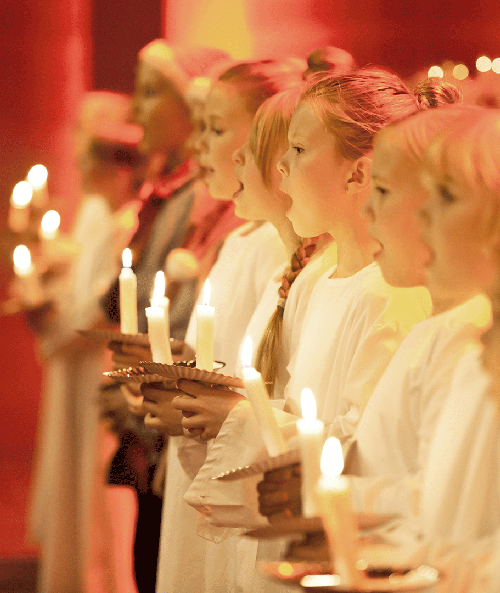The German minority in South Jutland

The presence of a German minority in South Jutland is the result of historical developments, which brought the region under alternately Danish and German rule. The Duchy of Schleswig was created in the 12th century and, with its changeable history, belonged to Denmark until the defeat to Prussia and Austria in the Danish-German war of 1864. In consequence, South Jutland – together with the German-speaking, but Danish duchies of Holstein and Lauenburg – was later annexed to Prussia. After the end of World War I, the Versailles Treaty of 1919 between the Allied victors and Germany called for referendums in northern and central Schleswig. The referendums were held in February and March 1920, respectively.
As a result, Schleswig was divided and North Schleswig was reunited with Denmark in the summer of 1920. These events resulted in the present national minorities in the Danish-German borderregion: The Danish minority in Germany and the German minority in Denmark.
In the inter-war period, the German minority was in favour of a border rectification.

After World War II, the newly organised German minority made a declaration of loyalty to Denmark and recognised the border from 1920. In 1955, the foundations for the present state of total détente were provided with the Copenhagen-Bonn Declarations. In these parallel and almost identical declarations, which are still in force, the Danish Government established the German minority’s rights in Denmark, whereas the Western German Government established the Danish minority’s rights in the Federal Republic of Germany.
The protection of the German minority’s fundamental rights is also safeguarded by the general provisions of the Constitutional Act of the Kingdom of Denmark and other legislation governing equality before the law, freedom of religion and expression, freedom of association and assembly, etc. Added to this are the obligations Denmark has assumed under international conventions.
A worldwide example of peaceful neighbourliness
In 2020, Denmark and Germany celebrated a Danish-German year of cultural friendship, marking 100 years since the peaceful drawing of the common border. In 2021, the Ministers for Foreign Affairs of Germany and Denmark launched a joint Danish-German friendship declaration, celebrating the strong partnership.
The German minority in Denmark as well as the Danish minorities on the German side of the border, are good examples of peaceful co-existence of minorities and majorities in Europe, and the minorities act as a bridge between Denmark and Germany.


We recommend
-
CULTURE The history of Denmark
Since the end of the last Ice Age - approximately 10,000 BC - people have migrated from the Eastern and Southern parts of Europe to the Northern area we now know to be Denmark. The flat terrain, rich soil, close proximity to water and at times harsh climate, has shaped Danish history and culture ever since.30.05.2018Read more -
kingdom of denmark One of the world's oldest monarchies
The Danish monarchy is one of the oldest in the world. King Frederik X's heritage can be traced back more than a thousand years to a king believed to be born around year 900.
06.03.2024Read more -
Culture Danish holidays and traditions
Most of Denmark's holidays are based around the Christian calendar, with Christmas, Easter and the midsummer festival of Saint Hans among the most important. Each of these holidays comes with its own traditions and family gatherings.16.01.2025Read more


